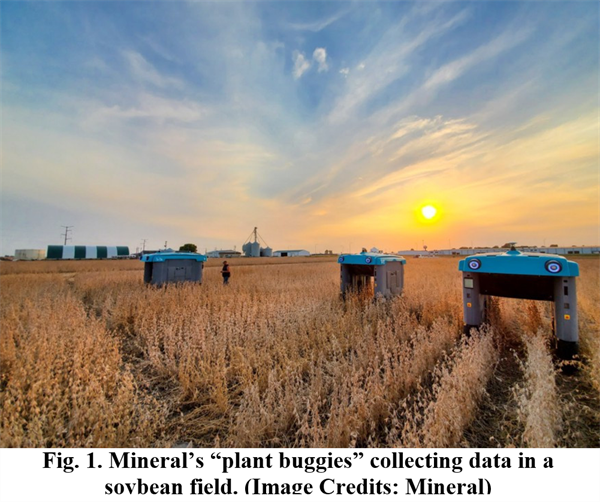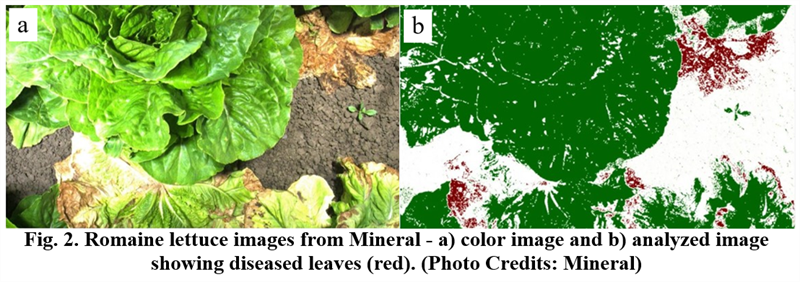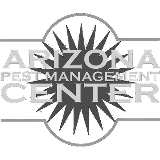-
May 1, 2013Spider Mites on Melons
In the past several weeks I’ve had a number of calls concerning spider mites on melons. Two spotted spider mites, Tetranychus spp, are widespread on melon crops throughout the southwestern U.S, and in general, outbreaks are more common on watermelons than other netted and mixed melon varieties. However, problems can certainly occur on all melon types. The hot dry weather we are now experiencing can be favorable for mite infestations. Mite populations can increase dramatically. For example, mites can go from egg to adult in about 37 days when temperatures average about 60° F, but at average temperature of 86° F, it only requires 7 or 8 days for them to complete their lifecycle. Several natural enemies (including predatory mites and thrips, minute pirate bugs and lacewings) play an important role in regulating mite populations below economically damaging levels. Predators can maintain mite populations in check by feeding on slowly developing mite populations. However, when temperatures become hot and dry, the mites can quickly out run the predator population due to their rapid reproduction. Good irrigation and fertilization management increases plant tolerance to mites. Although economic thresholds have not been adequately established for spider mites in the low desert, treatment with an acaricide is recommended when significant webbing can be found on leaves and predatory mites and thrips are absent. A number of effective miticides are available for melons including Agri-Mek, Oberon, Acramite, Fujimite, Zeal and sulfur. If leafminers are present in the field, Agri-Mek is a good option. If whiteflies nymphs are beginning to build on older leaves, Oberon may be an effective option. For more information on mites and their management please visit: Melon Insect Pest Management in Arizona
****Also wanted to Thank all of you who completed your Lettuce Crop Losses Surveys and Bagrada surveys. The information will be very useful. If you haven’t yet completed your surveys, please get those back to us as soon as possible.
 To contact John Palumbo go to: jpalumbo@ag.Arizona.edu
To contact John Palumbo go to: jpalumbo@ag.Arizona.edu










